Digital transformation must go hand in hand with the development of "digital citizens".
There is a consensus that 2025 will be a year of historic policy decisions, marking a strong shift in the process of reforming the state apparatus and organizational structure. This includes streamlining the apparatus, implementing a two-tiered local government model, along with a series of legal reforms, private sector development, and strategic infrastructure. These will create a crucial foundation for long-term growth and shape the country's development path in the new era.
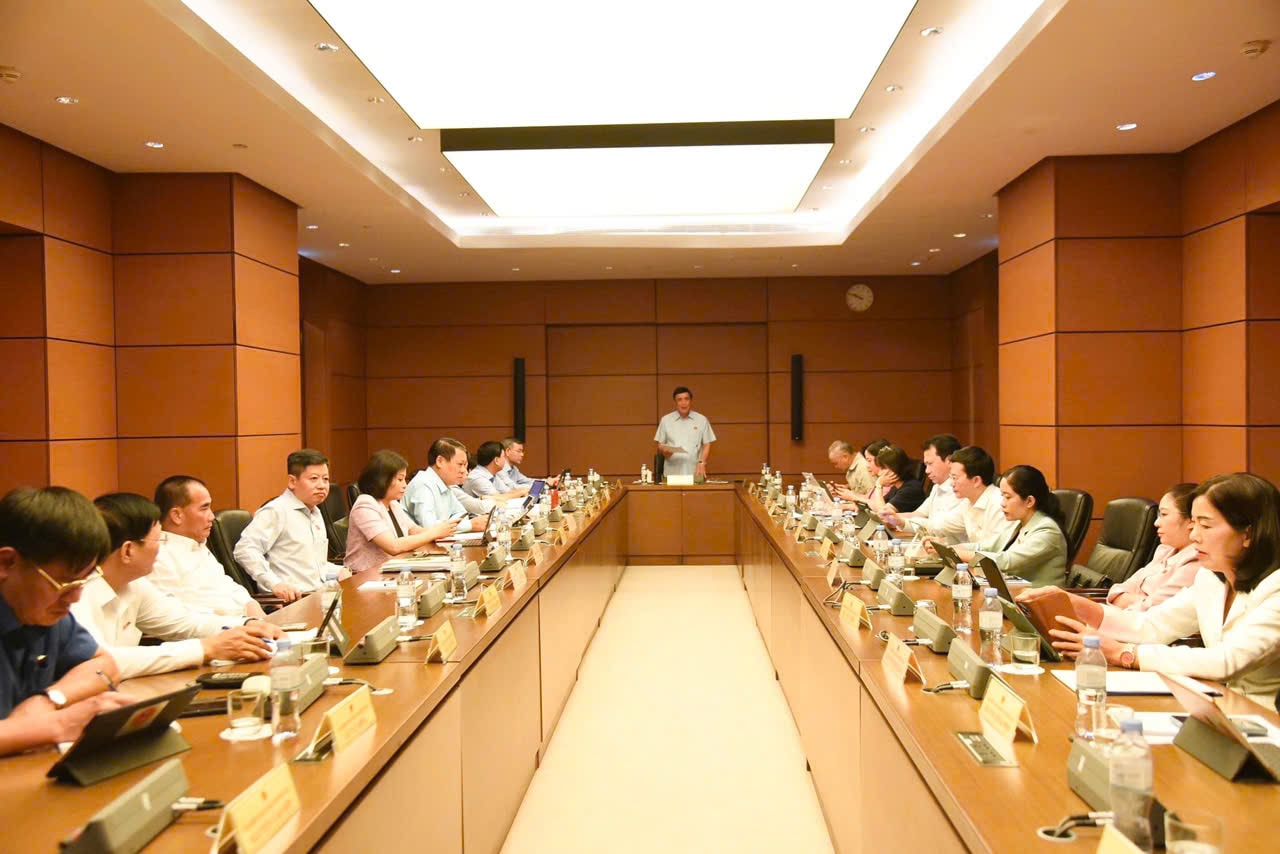
According to the Government's report, economic growth in the first nine months of 2025 reached 7.85% year-on-year, and is expected to exceed 8% for the whole year, in line with Resolution 192 of the National Assembly on supplementing the socio-economic development plan for 2025. Notably, this is the second consecutive year that Vietnam has basically achieved and surpassed 15 of the most important targets. These results are evidence of the decisive leadership and direction of the Party and Government, the involvement of the entire political system, and the unity of businesses and people nationwide.
Besides the positive results, delegates also pointed out several issues that need attention. According to National Assembly delegate Nguyen Van Manh ( Phu Tho ), voters and the people highly appreciate the strict handling of advertising and trading of counterfeit and fake goods online in the past; however, this needs to be done more decisively and thoroughly in the future. Because people, especially the elderly, are still easily deceived by false advertising. Strict handling will contribute to protecting consumers and creating a healthy business environment.
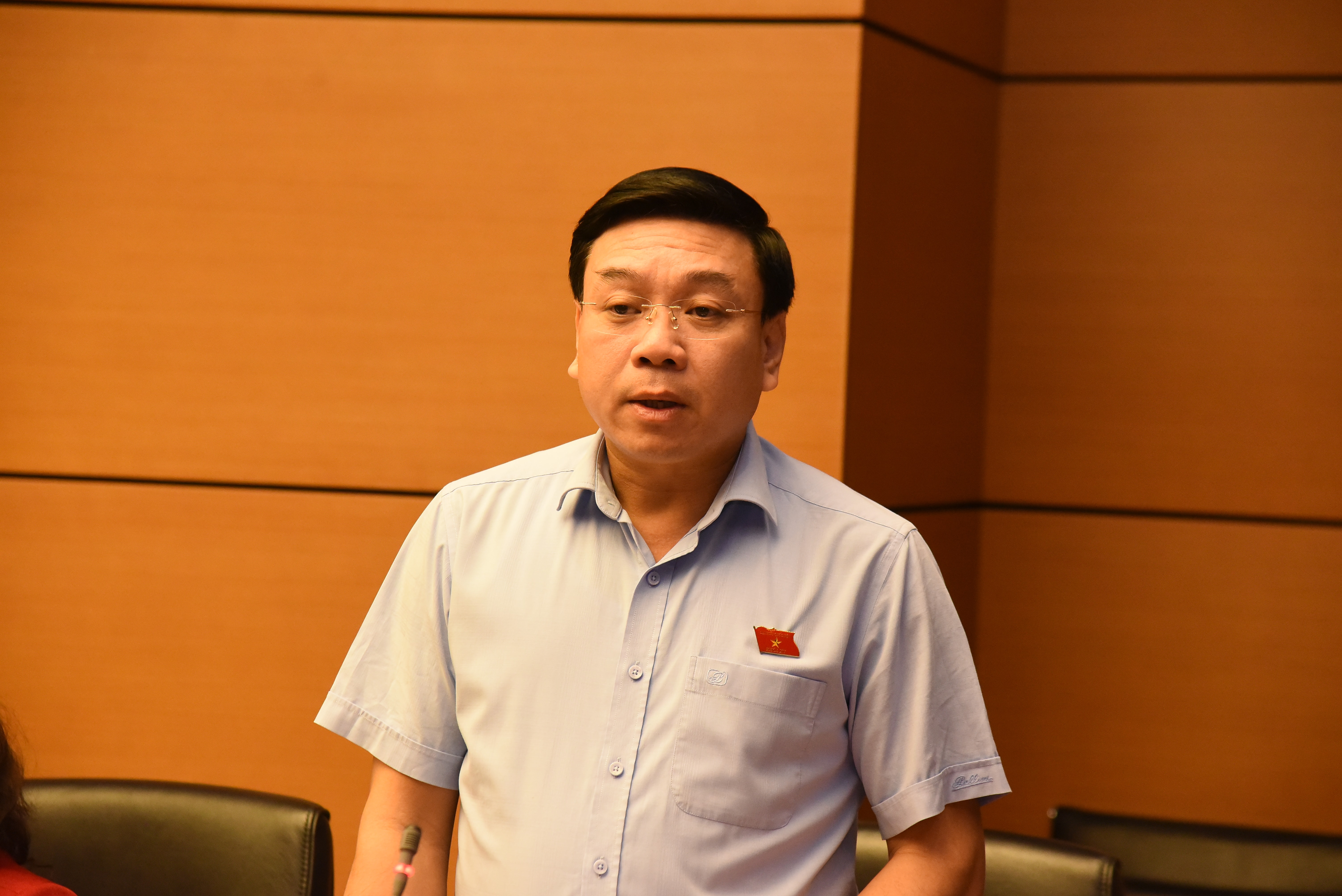
Regarding institutional reform and improving the investment environment, National Assembly Deputy Nguyen Thi Thu Nguyet (Dak Lak) emphasized the need to continue promoting administrative reform, reducing cumbersome procedures, increasing the accountability of leaders, and enhancing transparency in project approval, especially for key national projects. These are three key factors in removing bottlenecks in the investment and business environment.
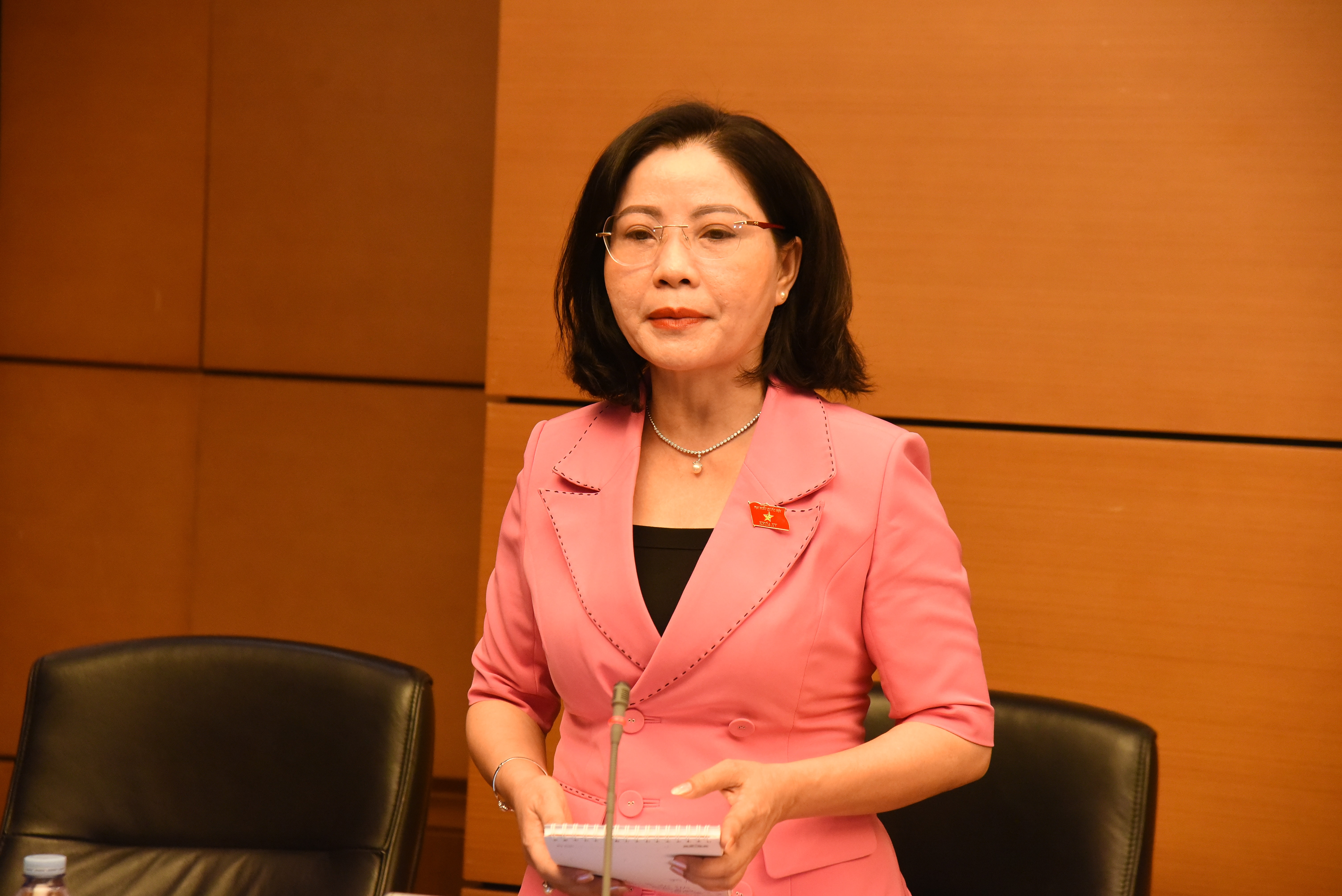
National Assembly Deputy Nguyen Thi Thu Nguyet also stated that the implementation of resolutions of the Politburo and the National Assembly on the development of science, technology, and digital transformation needs to be more comprehensive. Besides investing in digital infrastructure and platforms, the government needs to focus on developing "digital citizens"—that is, training and equipping people with the skills to effectively use online public services.
In practice, implementation in many localities shows that people in remote areas still face difficulties in accessing electronic administrative procedures. If we only focus on infrastructure without paying attention to the human factor, the digital transformation process will encounter many obstacles and waste resources.
Based on practical experience in operating a two-tiered local government system, delegates also suggested that the Government strengthen inspection and supervision of decentralization and delegation of power, clarifying the scope and responsibilities of each level as well as the mechanism for resource allocation. At the same time, it is necessary to promptly submit to the Politburo for consideration a salary regime and policies appropriate to the tasks and positions of commune-level officials to ensure their livelihoods and improve their work efficiency.
Researching specific policies to accelerate the disbursement of public investment funds.
One of the issues of concern to many delegates was the progress of disbursing public investment capital. Although the disbursement rate in 2025 reached 50.7% (the highest in many years), it is still low compared to the requirements; many agencies and localities have not yet allocated all the capital, and in some places, the disbursement rate is even below 10%. The main reason is the obstacles in land clearance work.
Some have suggested that the Government consider studying specific policies such as separating land clearance into an independent project, not including it in the public investment disbursement plan, in order to accelerate the disbursement of public investment capital.
National Assembly Deputy Nguyen Van Manh (Phu Tho province) further suggested that for projects where people have agreed to hand over the land but the resettlement procedures have not been completed, there should be a plan for temporary housing or housing rental support to ensure construction progress, especially for urgent and key projects.
Sharing the same view, National Assembly Deputy Tran Van Tien (Phu Tho) suggested that the Government clarify the reasons for the low disbursement of investment capital, especially the disbursement of national target program capital and ODA capital, and what solutions are needed to achieve 100% disbursement of investment capital in the remaining months of the year. In addition, the Government needs to clarify how the slow allocation and disbursement of state budget capital affect economic growth.
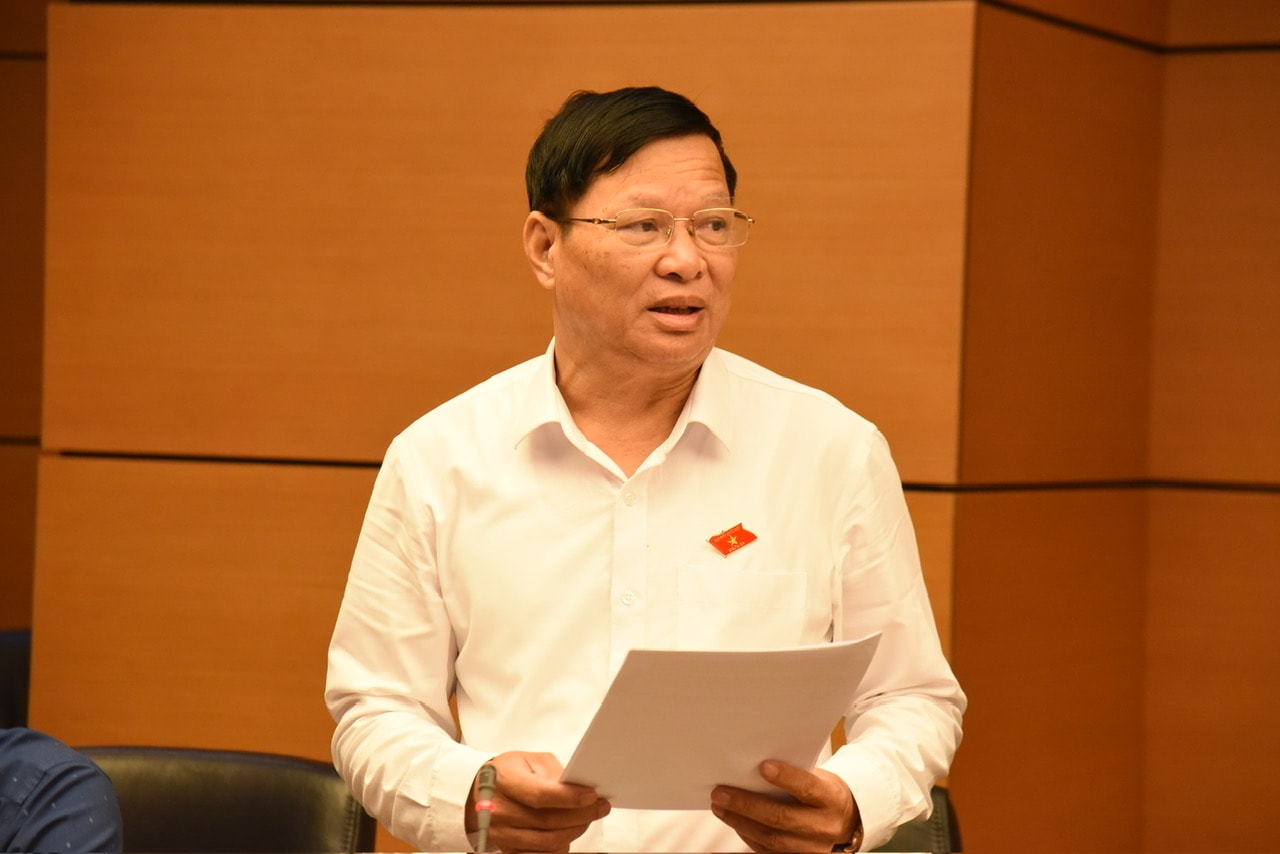
Looking ahead to 2026, delegates acknowledged that achieving GDP growth of 10% or more and average labor productivity growth of 8.5% would be very difficult. This is because in 2025, labor productivity growth was only expected to reach 6.85%, while GDP growth was projected at 8%.
Representative Tran Van Tien suggested that the Government further clarify the growth potential and develop specific, highly feasible development scenarios. Furthermore, regarding total state budget revenue, the revenue ratio should be increased to over 10% to reduce the state budget deficit and increase spending on development investment.
Source: https://daibieunhandan.vn/tiep-tuc-cai-cach-the-che-cai-thien-moi-truong-dau-tu-kinh-doanh-10391220.html










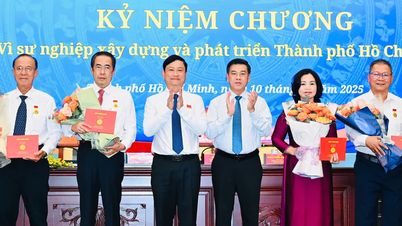
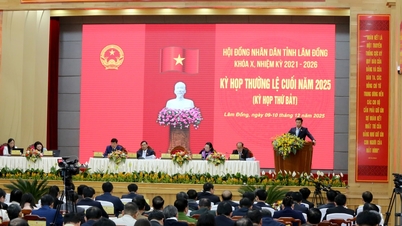

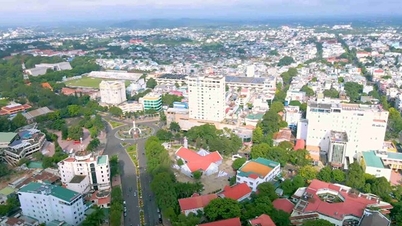



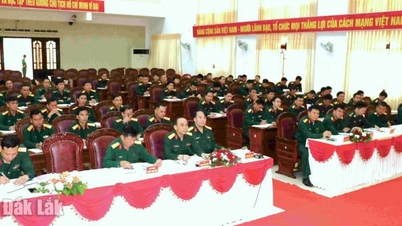

![[Video] National Assembly passes the amended Civil Servant Law with 92.39% of delegates voting in favor](https://vphoto.vietnam.vn/thumb/402x226/vietnam/resource/IMAGE/2025/12/10/1765379039932_1-6690-3945-png.webp)

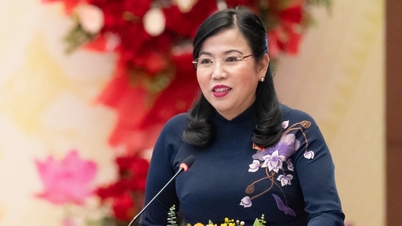


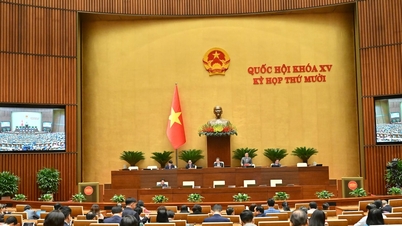
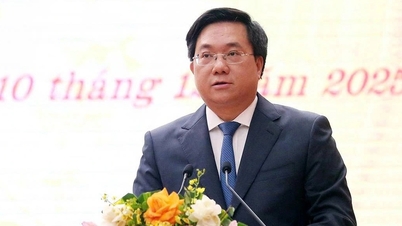
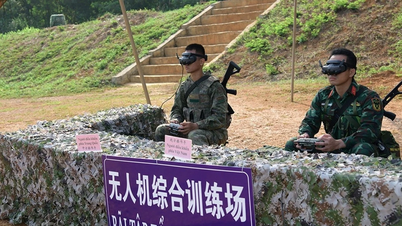






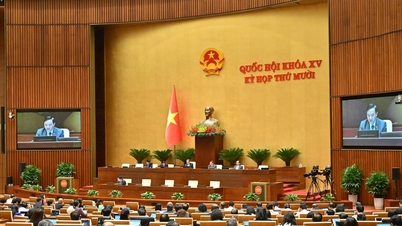
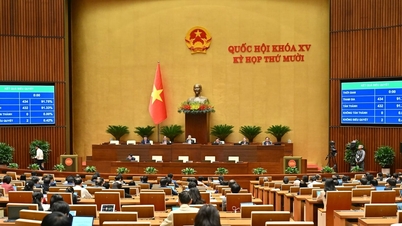
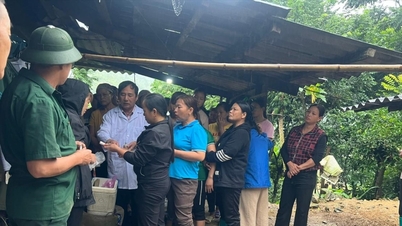







![[Video] The craft of making Dong Ho folk paintings has been inscribed by UNESCO on the List of Crafts in Need of Urgent Safeguarding.](https://vphoto.vietnam.vn/thumb/402x226/vietnam/resource/IMAGE/2025/12/10/1765350246533_tranh-dong-ho-734-jpg.webp)
































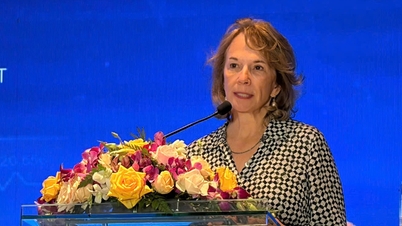


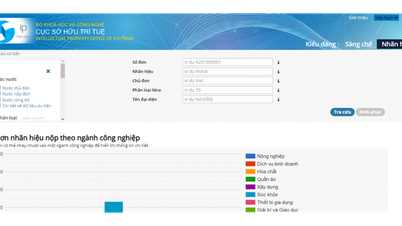
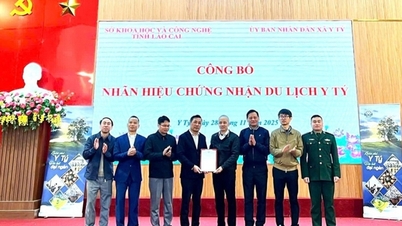



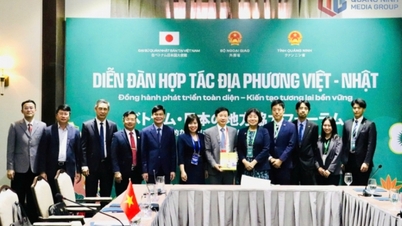

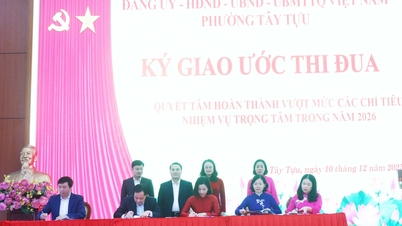
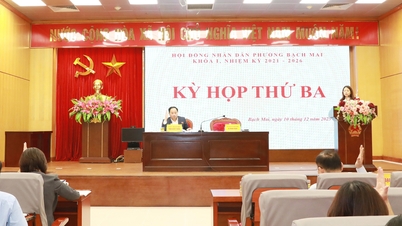
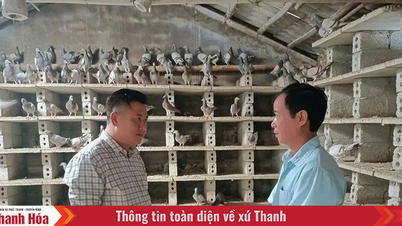

















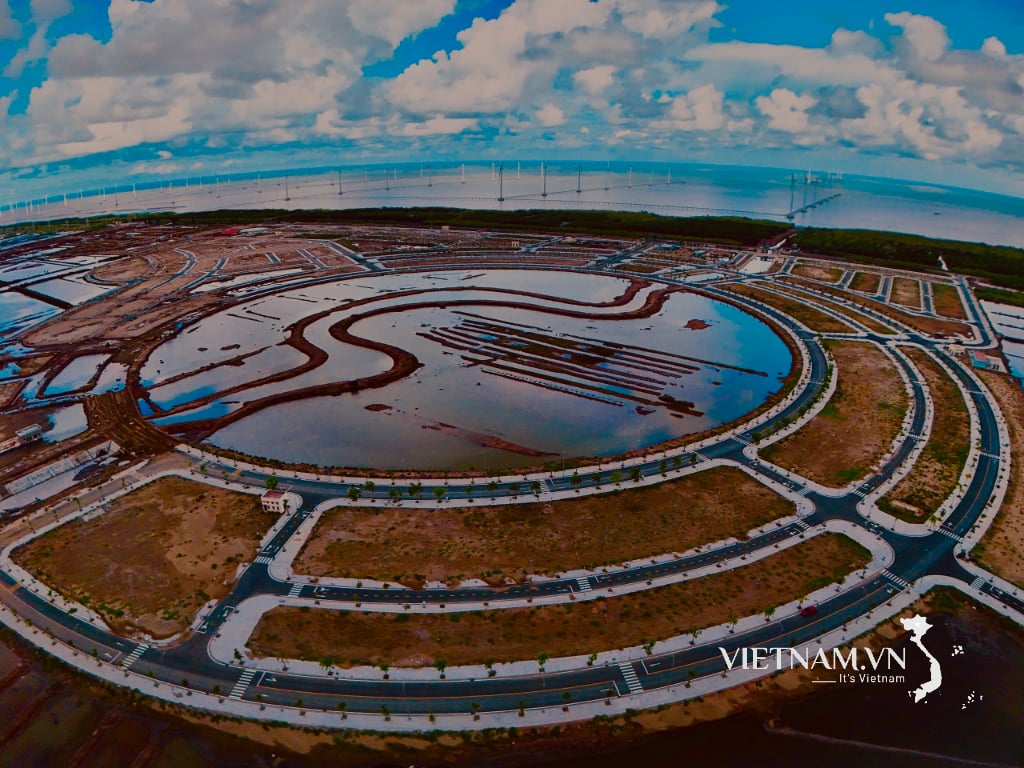
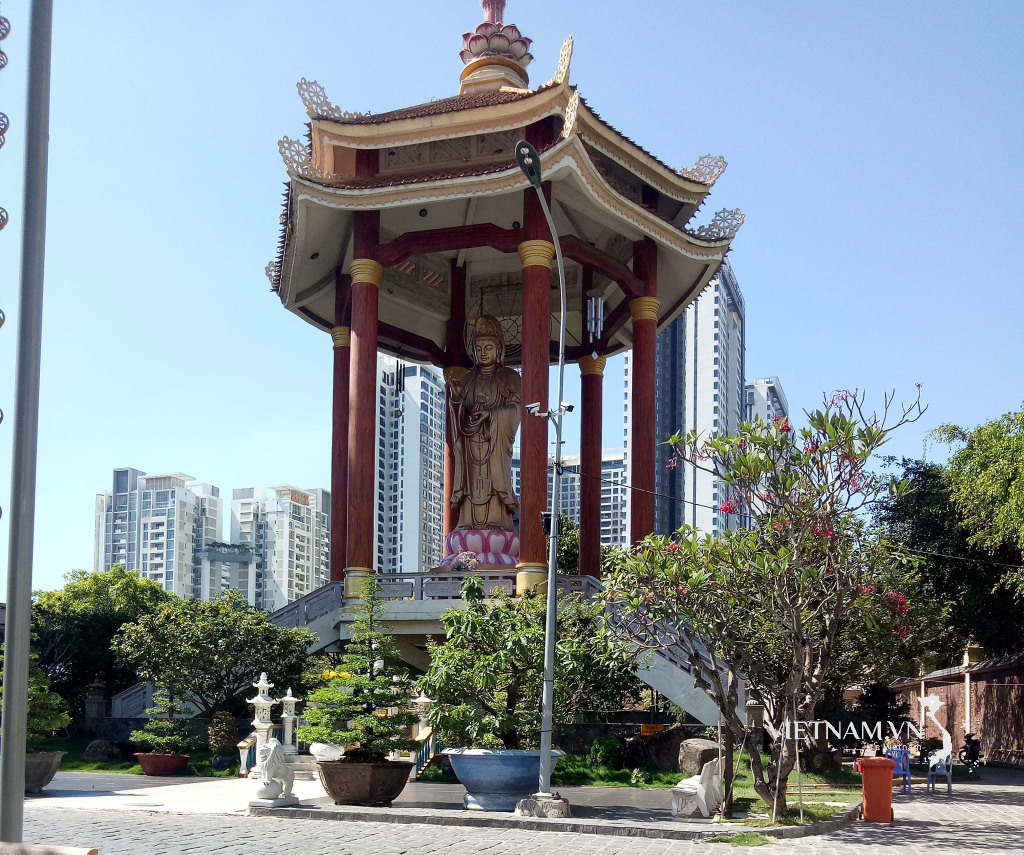




Comment (0)